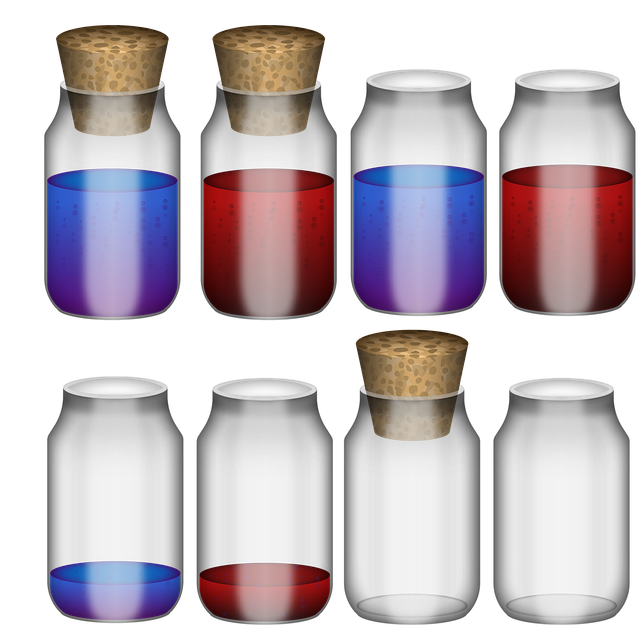Family dynamics play a crucial role in overcoming opioid addiction, making family therapy an essential component of treatment. By involving relatives, therapists identify unhealthy patterns and equip them with crisis intervention skills for mental health support. This approach strengthens family bonds and fosters an environment conducive to long-term recovery. Effective communication and clear boundaries within therapy sessions are key; active listening and a safe space allow families to discuss sensitive topics without judgment. Strategizing includes setting meeting times, guidelines for respectful dialogue, and limiting triggering topics. Additionally, creating a supportive network with access to recovery services enhances the journey, providing ongoing guidance for both the individual in recovery and their loved ones.
Family therapy plays a crucial role in helping individuals recover from opioid addiction by addressing underlying family dynamics. Understanding the complex relationships, boundaries, and communication patterns within a household is essential in navigating the path to recovery. This article delves into the transformative power of therapy sessions, offering strategies for families to strengthen connections, foster open communication, and set healthy boundaries—key aspects in overcoming opioid addiction as a united front.
- Understanding Family Dynamics in Recovery from Opioid Addiction
- The Role of Therapy Sessions in Strengthening Family Connections
- Strategies for Effective Communication and Setting Boundaries
Understanding Family Dynamics in Recovery from Opioid Addiction

Family dynamics play a significant role in the recovery process from opioid addiction. Understanding and addressing these relationships is crucial in helping individuals overcome their addiction and build healthier lifestyles. In many cases, family therapy sessions become an integral part of treatment plans at specialized Addiction Treatment Centers. These centers often equip clients with the necessary tools to navigate complex emotional landscapes and improve communication within their families.
By involving family members, therapists can identify unhealthy patterns and boundaries that may contribute to relapse. Through crisis intervention training, families learn to recognize signs of distress and how to provide mental health help. This proactive approach not only supports the recovering individual but also strengthens family connections, fostering an environment conducive to long-term recovery.
The Role of Therapy Sessions in Strengthening Family Connections

Family therapy sessions play a pivotal role in strengthening connections and repairing dynamics within families affected by opioid addiction. These sessions provide a safe and supportive space for open communication, allowing each member to express their feelings, concerns, and experiences without judgment. By addressing underlying issues such as trauma, poor boundaries, or unhealthy communication patterns, therapy helps the family understand the complex factors contributing to the addiction and equips them with tools to navigate these challenges collaboratively.
Through evidence-based practices, therapists guide families in developing effective coping strategies and improving their overall emotional well-being. Techniques like yoga and meditation classes for stress reduction can offer additional support, promoting relaxation and mindfulness. Moreover, crisis intervention training equips family members to recognize emergency situations and respond appropriately, fostering a sense of security and preparedness. By integrating evidence-based medications for withdrawal management into the therapeutic process, families gain a comprehensive approach to overcoming opioid addiction together.
Strategies for Effective Communication and Setting Boundaries

Effective communication and boundary setting are essential components of overcoming opioid addiction. In family therapy sessions, individuals learn to express their needs, feelings, and concerns openly and respectfully. This involves active listening, where every member of the family has an opportunity to share their perspective without interruption or judgment. By fostering a safe and non-confrontational environment, loved ones can navigate sensitive topics related to addiction, treatment, and recovery.
Strategizing for effective communication includes establishing clear guidelines for discussions, such as setting specific times for family meetings and agreeing on ground rules for respectful dialogue. Setting boundaries is crucial in managing expectations and ensuring everyone’s well-being. This might involve defining personal space needs, limiting certain topics to reduce triggers, or creating a supportive network of recovery support services providing ongoing guidance and encouragement throughout the recovery journey, including stress management workshops for addiction recovery and online support groups for loved ones of addicts.
Family therapy plays a pivotal role in the journey to overcome opioid addiction, fostering healthier relationships, improved communication, and clear boundaries. By addressing underlying family dynamics, these sessions empower individuals and families to navigate challenges collaboratively, strengthening their support system and enhancing recovery outcomes. Incorporating effective communication strategies and boundary setting into therapy helps break down barriers and creates a nurturing environment for long-term healing.






